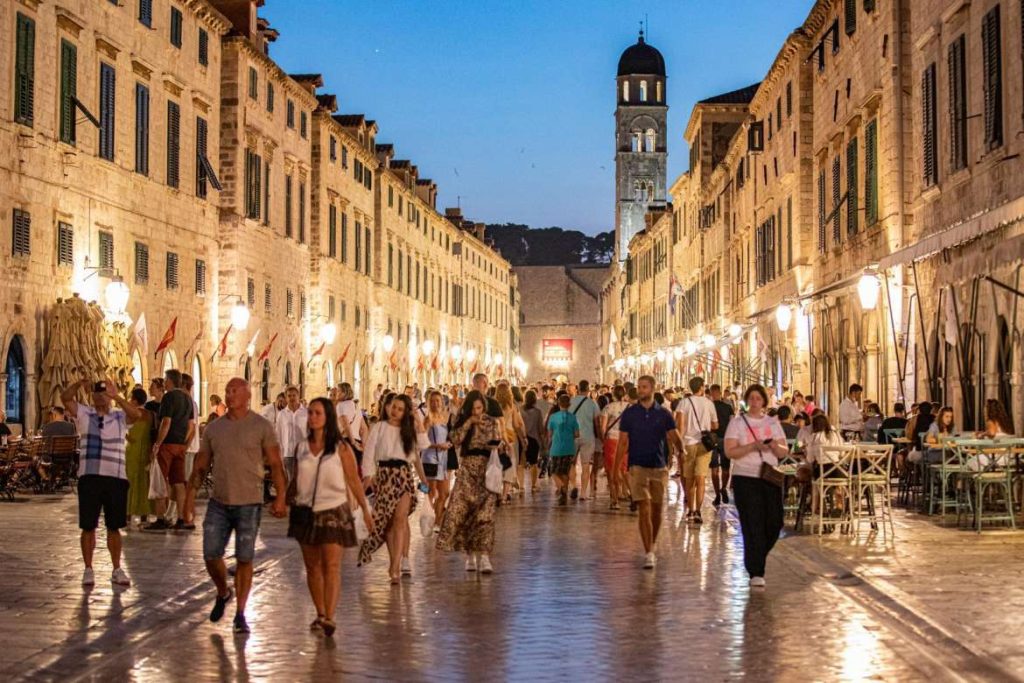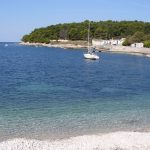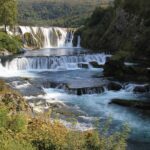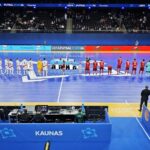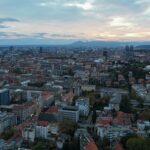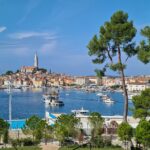Croatia-Serbia tourism relations could be said to have normalised in recent years, but things get stirred up slightly every year in August, when Croatia commemorates the 1995 military operation “Storm”, on which the two countries have diametrically opposed positions, and when embittered comments are made.
Operation Storm was a Croatian joint military and police operation that ended a Serb armed rebellion on 5 August 1995, and restored Croatian sovereignty over occupied central and southern parts of the country. It also resulted in a mass exodus of Croatian Serbs.
This year, a resentful comment was made by the mayor of Novi Sad, Miloš Vučević, who said that he did not want to condemn anyone but that he would never be able to understand Serbs vacationing in Croatia on 5 August.
This year, on that day, around 13,500 Serbian nationals were vacationing in Croatia, and none of them reported having any problems over their nationality, just like 127,000 Serbian nationals who have visited Croatia since the start of 2022.
The number of Serbian nationals vacationing in Croatia is 60% higher than in the same period of 2021 and as much as 20% higher than in 2019, the year with record-high tourism results.
The good results are also owing to activities by the Croatian Tourism Board (HTZ) and local HTZ offices. Even though Serbia is not a priority market for Croatia, a study tour was organised for a crew of the Serbian public broadcaster RTS’s SAT programme, which has an audience of close to one million.
“Guests from Serbia and not different from visitors from other European countries. They change destinations, explore and visit depending on their interests and budget, and their hosts in Croatia treat them the same way they treat other guests. Our tourism workers do not care about politics or their guests’ nationality, and the issue of the safety of Serbian visitors stopped being a topic some seven-eight years ago. I’m not saying that some of the Serbian guests have not experienced an unpleasant situation, a car break-in or something like that, but the same thing happens to German or Italian visitors,” says Boris Žgomba, head of the Croatian Chamber of Commerce (HGK) association of travel agencies and director of the Uniline tourism company, which has an office also in Serbia.
This year his agency has seen a year-on-year increase in interest in the Serbian market in vacations in Croatia, and over the past few years, Serbian visitors’ interest in Croatia has spread from destinations in the regions of Istria and Kvarner to Dalmatia, says the daily.

